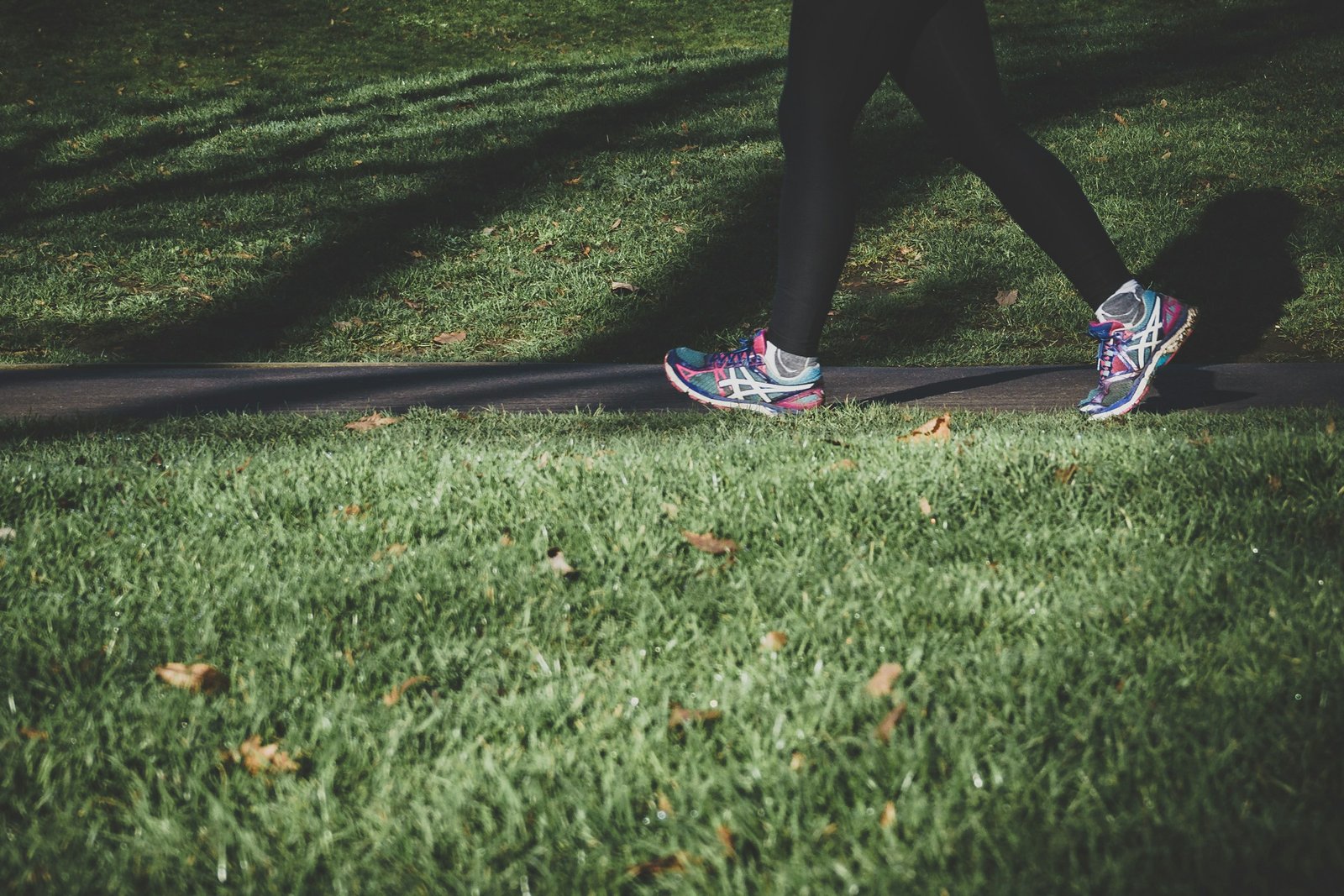
The word holistic can sometimes be misunderstood. Not everyone is familiar with what it means, and when paired with the word healing, it can become even more unclear. By exploring the roots and meanings of each term, we can clarify what we’re really talking about and why it matters.
“Holi” is the Greek word for “whole”, and to further break it down; “istic” means relating to or characterized by a quality.
“Heal” comes from the root “haelan” which is the condition or state of being “hal” or “whole” (Fun Fact: This is also the root for holy)
Connecting it all together, holistic health refers to the wellbeing of one’s whole self. From this wellness approach, doctors and healers look not just at an ailment but at one’s overall health: the stressors in their life, diet, stress relievers, habits/routine, etc.

What Does “Mind-Body-Spirit” Mean?
“Mind-body-spirit” is a term used to describe the connection of all aspects of ourselves working together in our lives and all affecting our health. Imbalances in our life affect us on each of these levels. An ailment in the mind can manifest physically as well as dampen one’s spirit. A perfect example of this that many are familiar with is high blood pressure, which is directly related to stress and anxiety undealt with in a person’s life.
The 3 aspects of Mind-Body-Spirit can be further broken down into 5 aspects: Physical, Mental, Emotional, Spiritual, and Social. Most people use Mind-Body-Spirit as an umbrella term. Addressing each of these aspects and implementing healing techniques into our lives can help to prevent continuous buildup of stress and other factors which can pave the way for larger health problems that could eventually lead to tragedy such as a heart attack, stroke, etc.
It is also important that people recovering from a tragedy take their health seriously and make changes in these areas of their life for easier recovery, as well as a preventative measure against the possibility of future health scares.

Physical
Keeping our bodies in ‘good shape’ is a concept easily understood and accepted by all as a necessity to being healthy. However, what that looks like is a different story for everyone. Due to the society we live in and the media all around us, some people live under the illusion that “if we aren’t skinny, we aren’t healthy” or “so long as don’t have much fat on us, there’s no reason to worry about our physical well-being.” Physical health involves nourishing your body by giving it what it needs as well as loving it the way it is.
We are beings that need to eat and sleep. Eating better makes us feel better, and that is not a cheesy myth. The more unhealthy foods we eat, the more sluggish we feel and the more unwilling we are to be active. When we include more plants in our diet and make sure to stay hydrated, our energy levels increase and overall have less uncomfortable issues of feeling bloated, constipated, etc. Our bodies function better when we give them the vitamins, protein, and minerals they need.
Eating less grease and choosing healthier options is one part of being mindful of our body’s needs, but another important aspect is getting the rest you need at night. When we get a good night’s rest, we’re more willing to move around during the day and tire ourselves out for the next night. Our body does most of its healing when we’re asleep, so sleep is in itself an act of self-care.
Physical also does relate to us being active, but there’s no reason this has to be painful or crazy to include in our lives. It’s not natural for us to be cooped up all the time, and even something as simple as a small walk outside once a day is good not only for the body but for the mind. Exercise helps to strengthen the lungs and heart, is known to reduce stress, improve brain function, circulation, and immunity, etc.

Mental
There is much speculation and disbelief in the reality of Mental Health. While we may not have all been raised to believe that ailments of the mind exist, there is evidence that mental ailments exist and have the potential to become larger health problems.
“An estimated 26% of Americans ages 18 and older — about 1 in 4 adults — suffers from a diagnosable mental disorder in a given year” (“Mental Health Disorder Statistics”). Even if that doesn’t seem like a huge percentage, that’s slightly more than 1/4 of this country who have a mental ailment.
When denied and left undealt with, or dealt with in unhealthy ways, these mental ailments can affect all other aspects of ourselves. As an example, those who slip further into depression don’t exercise as much, eat more fast food, begin taking their frustrations out on the people around them, and interact less with other people. This can lead further to feelings of being alienated, unloved, and disconnected from the world.
Addressing our mental state and practicing awareness can help to begin breaking bad habits while also implementing positive feelings in our days. It’s important to ask for help when we need it and to not allow anyone to make us feel ashamed.

Emotional
There are many who were raised to keep feelings inward and who have experience being shamed by loved ones for crying as children. Not many people are taught how to properly address and control their emotions. This follows many people into adulthood and haunts them during times of emotional turmoil, drama, arguments, etc.
Having emotions is natural and we can’t ignore away our anger, frustration, sadness, fear, or even our joy and positive feelings either. Learning to appreciate all of our emotions for their roles in our lives is important, because this is a part of yourself that you can’t change and must learn to love as it is. It’s harder to accept and love our negative emotions, but with the right tools and practices they don’t have to weigh us down.
Emotionally healthy and stable people find it easier to enjoy life even during the low points. This is not due to trapping their grief within, it is due to them having found an outlet for it instead. Those who create a routine of regularly releasing anger, anxiety, fear, stress, hurt, etc. are then able to replace those emotions with joy and other positive emotions that make it easier to enjoy life. While this aspect does relate to our mental health, taking our emotional health seriously helps us live happier lives and heal easier in times of distress.

Spiritual
Everyone’s spiritual life is different and, regardless of what the denomination is, that connection to nature and the universe is special.
Our spiritual lives are important and illicit extremely powerful and positive emotions in us. Divine love is argued to be the most powerful love that exists. Connection with nature and caring for the mysterious world we live within also brings about positive emotions within us. This is an extremely personal aspect of ourselves, and each of our spiritual practices may be entirely different. Regardless, to ignore this side of ourselves all together means we lose out on a deeper connection to ourselves as well.
Connection to ourselves and love for ourselves also aids our minds. This builds our self-confidence, self-assurance, and self-respect. Our spiritual lives help give purpose to our material lives as well as help to relieve stress from them.

Social
Healthy relationships calm our nervous systems and leave us feeling better about ourselves. How we communicate and how often we interact with others also plays a role in our health. Evidence of the benefits of social lives can be seen in support groups, close- knit communities, clubs at school, etc. Talking to people and building those connections helps us to feel better about the various events of our lives and helps us get through it all easier.
When we feel supported and loved by the people around us, it makes us feel better about where we are and where we have the potential to grow. Not to mention building, good relationships means having support in times of need and despair. The love, support, and community pride gained from sustaining healthy relationships can also be an amazing source of happiness and relief for many people.
References
Corinna Wood. “Holistic Healing.” Corinna Wood, https://www.corinnawood.com/blog/holistic-healing.
Egnew, Thomas R. “The Meaning of Healing: Transcending Suffering.” Annals of Family Medicine, vol. 3, no. 3, 2005, pp. 255–262. National Center for Biotechnology Information, https://www.ncbi.nlm.nih.gov/pmc/articles/PMC1466870/.
FHE Health. “Discover the Power of Holistic Healing in Your Recovery.” FHE Health, https://fherehab.com/learning/holistic-healing-practices-boost-recovery.
Intermountain Healthcare. “Holistic Healing.” Intermountain Healthcare, https://intermountainhealthcare.org/blogs/holistic-healing.
Johns Hopkins Medicine. “Mental Health Disorder Statistics.” Johns Hopkins Medicine, https://www.hopkinsmedicine.org/health/wellness-and-prevention/mental-health-disorder-statistics.
Lanoix, Jean-Philippe, and Loren Toussaint. “Holistic Medicine Must Mean Whole: How to Deal with Spirituality.” Advances in Mind-Body Medicine, vol. 35, no. 1, 2021, pp. 9–15. PubMed, https://pubmed.ncbi.nlm.nih.gov/33513581/.
St. Catherine University. “What Is Holistic Health?” St. Catherine University, https://www.stkate.edu/healthcare-degrees/what-is-holistic-health.
WebMD. “What Is Holistic Medicine and How Does It Work?” WebMD, 16 Nov. 2023, https://www.webmd.com/balance/what-is-holistic-medicine.
WFLA News Channel 8. “The Power of Holistic Healing: A Comprehensive Guide.” WFLA, 2023, https://www.wfla.com/bloom-tampa-bay/the-power-of-holistic-healing-a-comprehensive-guide/.
World Health Organization. “Constitution.” World Health Organization, https://www.who.int/about/accountability/governance/constitution.
